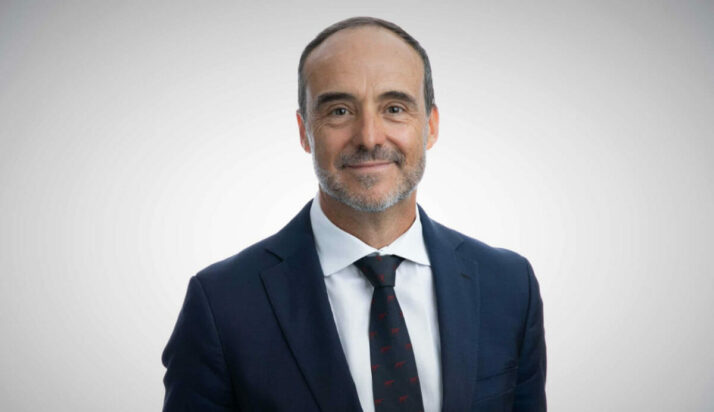GDG’s all-in Lonsec play confirms investment consultants are the new captains of capital
Generation Development Group’s acquisition of the remaining equity in Lonsec this week reinforced a couple of notable dynamics in the investment services scene.
The first is that mergers and acquisitions are back in play. We’ve already seen Scarcity Partners make a big bet on Evidentia and Perpetual bite the bullet on its debt problem with a KKR tie-up. And now GDG has gone all-in with the $197.4 million purchase of the 61.9 per cent of Lonsec it doesn’t already own.
The second is a trend that’s been emerging for years now. Traditional equity funds management – which has seen FUM dissipate as performance lags – is being marginalised by investment consultancies that provide the research (and increasingly the products) behind managed account portfolio management.
Directing this flow of FUM away from fund equity managers are the new power players in the sector – investment consultancies – whose own business value has risen accordingly.
Scarcity Partners set the tone by purchasing a reported 30 per cent ($30 million) stake in investment consultancy Evidentia (even though Scarcity’s managing director Adrian Whittingham had previously signalled the group was looking for stakes in alternative asset managers).
Then KKR purchased Perpetual’s wealth management and corporate trustee businesses while leaving the asset management arm behind.
That’s two deals very different deals with vastly different scale ($30 million versus $2.17 billion) but one thing in common – investors eschewing traditional asset management businesses in favour of other financial services verticals they believe offer better prospects.
Now, GDG has literally doubled down on its Lonsec investment. Since GDG bought its initial stake in Lonsec in 2020, Lonsec’s FUM has grown considerably on the back of its model portfolio offerings, which were bolstered in 2022 when it purchased up-and-coming competitor Implemented Portfolios.
While Lonsec built its reputation on the back of research and ratings, the model portfolio plank looks increasingly like the money-spinner over the next decade. Lonsec CEO Mike Wright hinted at this when he said this week that “the acquisition will allow GDG to utilise the Lonsec Investment Solutions business as a base to consolidate other managed account businesses and deliver significant growth”.
So it’s clear there are massive tailwinds behind model portfolio products and the investment consultancies that essentially run the money being pumped into them. Also clear is that a growing portion of that capital is being pinched from active equity management business flow.
Whether this is the new reality or a cyclical dynamic remains to be seen.
There are plenty of risks for the new power players to look out for. If equity markets fall dramatically, the ETF phenomena could have its underside exposed. We may reach peak model portfolio, with too many providers glutting the market, or a new technology that marginalises them. Investment consultants could also be hit with more regulatory oversight, which is probably overdue.
The rise of investment consultants isn’t the death of equity fund managers. They’re a resilient bunch, and far too important to the ecosystem. It won’t take much of a market turn for investors to be reminded of this.
But the recent spate of M&A highlights what can’t be ignored. Investment consultancies are the new captains of capital.











